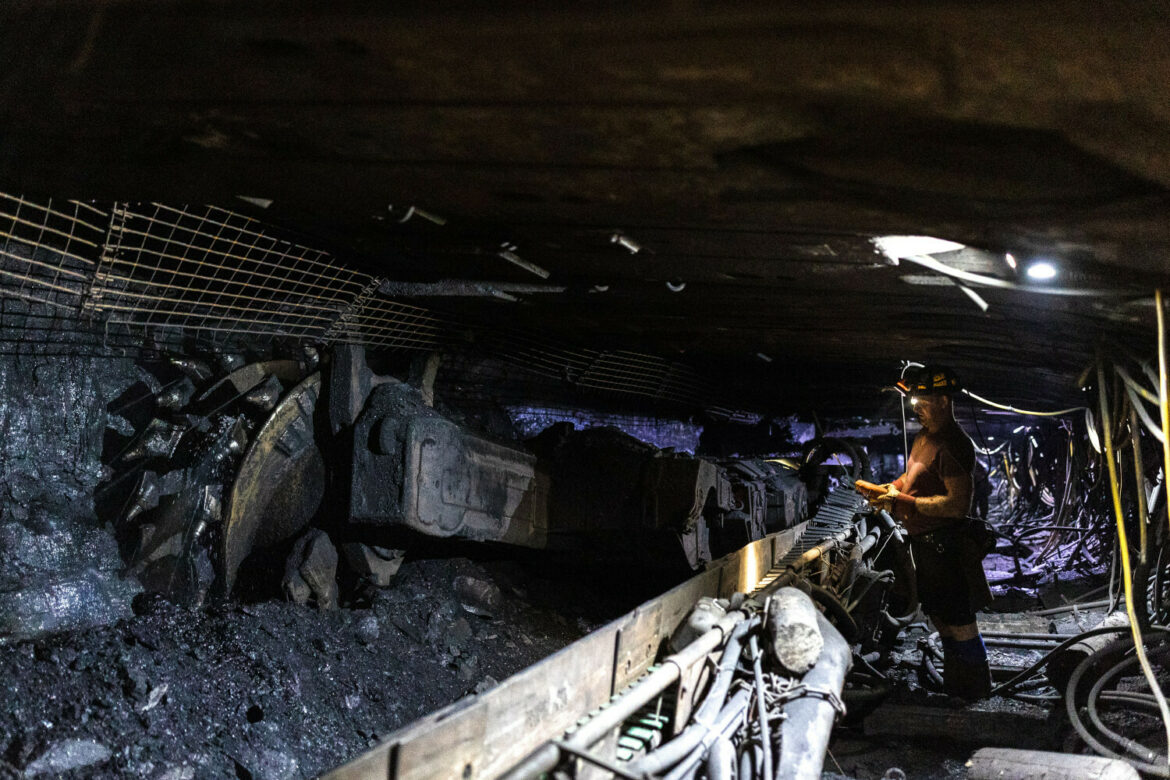4.5 million tonnes or 9 % less hard coal was mined in Poland in 2023 than in 2022. The rate of decline in mining is accelerating, as it decreased by an average of 5.3 % per year between 2018 and 2023. For commercial power generation, extraction fell by up to 6.6 % per year. The reduction in extraction is a result of the declining share of coal-fired power plants in the overall electricity generation structure and the decreasing efficiency of the Polish coal sector.
According to the Polish Economic Institute Weekly, labour productivity in Poland, measured in coal output per employee, fell from 777.4 tonnes/employee to 646.3 tonnes/employee between 2018 and 2023, an average of 4 % per year. In contrast, the cost of coal mining increased by 283 % between 2016 and 2023, from PLN 246 to PLN 942 per tonne of coal equivalent.
Polish mining is characterised by lower productivity than in other countries. According to the Global Energy Monitor, it takes 822 miners to extract 1 million tonnes of coal per year in Poland, twice as many as in India and about nine times more than in the US or Australia. The high cost of mining domestic coal results in an increase in imports for commercial power generation from 1.5 million tonnes in 2018 to 3.9 million tonnes in 2023.
According to PEI Energy Mix model calculations, the total investment needs 2144 bn PLN in the scenario of maintaining coal-fired power generation until 2060. This will be 18-22 % more than in the alternative energy transition scenarios based on nuclear and RES. 61 % of the total amount is represented by variable costs, mainly fuel costs for coal-fired power plants and CO₂ emission allowances.
The dynamics of the situation on the Polish coal market in 2023 indicate that rising prices of fossil fuels, including coal, as well as the low productivity and efficiency of the domestic mining industry will be crucial in the discussion on the future of conventional power generation.
Adrian Andrzejewski





